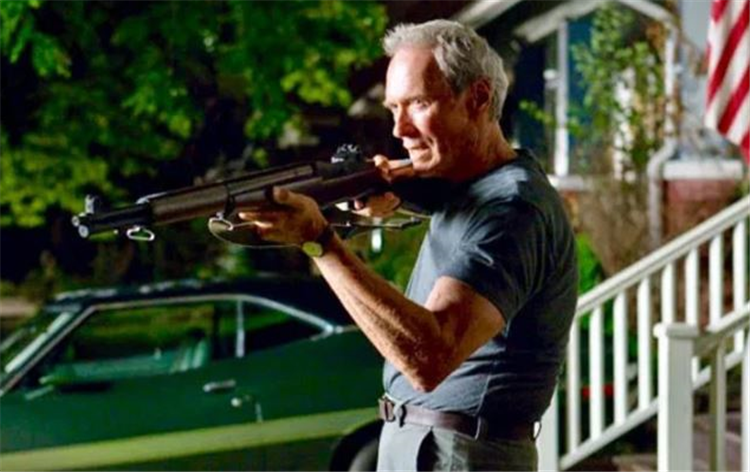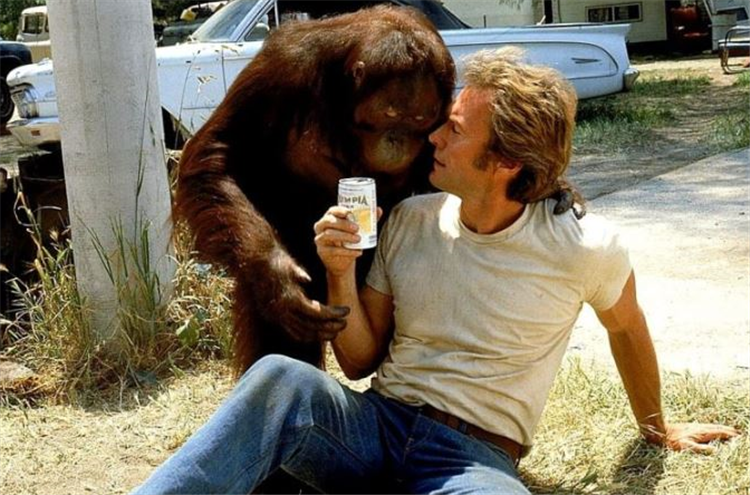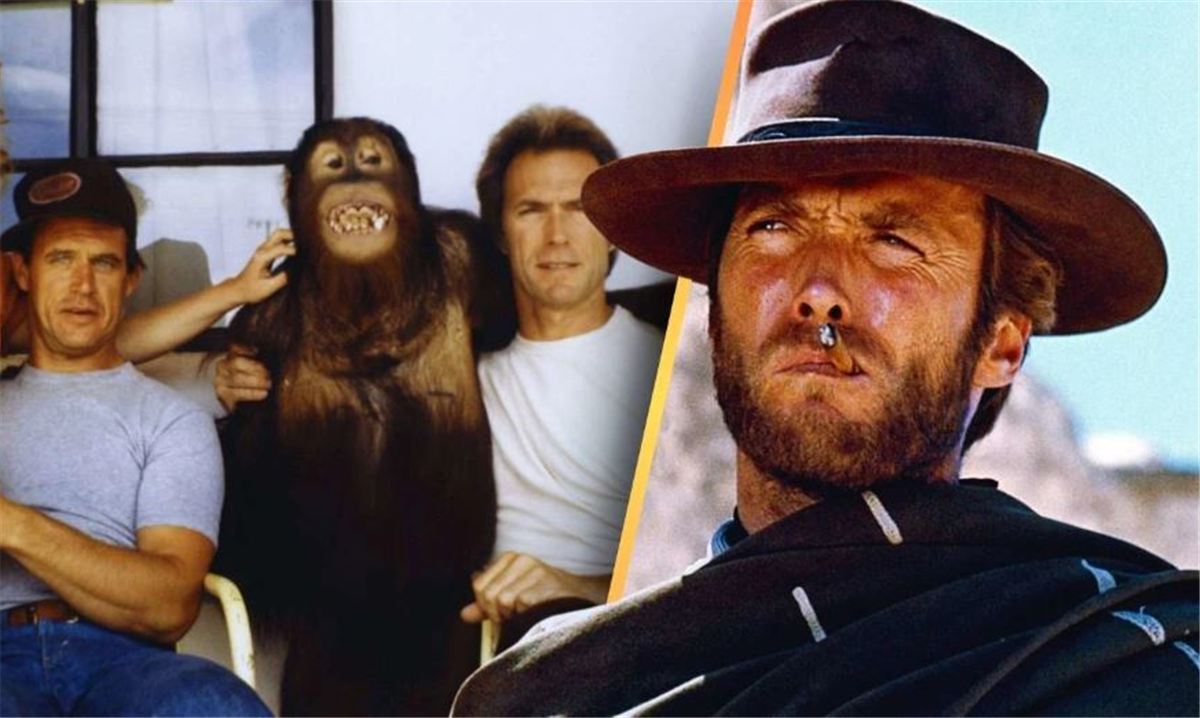The riskiest movie of Clint Eastwood’s career was initially thought to “flop” but became a surprise hit, proving Eastwood’s genius once again.
In a business as risky as the entertainment industry, where nothing can be said for sure about a project and whether it would appease the audience or go down as a forgettable memory, Clint Eastwood has proven his genius one too many times. Be it through guaranteed successes or some really dangerous ones, he has managed to enchant audiences in the most outstanding manner possible.
For one, his 1978 comedy-action Every Which Way but Loose was considered one of his riskiest projects when he decided to undertake it. Due to uncertainty of how viewers would react to it, some even considered it potentially flopping. And yet, Eastwood being Eastwood proved to everyone that he could turn even the movie that could have easily ended his career into a surprise hit.
Clint Eastwood Was Told Every Which Way but Loose Would “Flop”
When Every Which Way but Loose came out in 1978, it starred Clint Eastwood in one of the most unpredictable roles: As a trucker-cum-bare-knuckle prize-fighter named Philo Beddoe, who embarks on multiple misadventures as he clashes with groups ranging from fellow bikers to even police officers. But he’s not alone, as accompanying him was his pet orangutan, Clyde.
Since this movie went out of the way of what the actor-cum-filmmaker usually stepped up onstage for, it didn’t take long for pretty much everyone around him to try and convince him just how big of a disaster this could turn out to be. While getting candid with Interview Magazine, he confessed the same, saying:

Everybody – my agent, my lawyers – they said don’t do Every Which Way But Loose, and even once they saw it, one of the studio execs thought it was going to be a flop.
But, of course, The Good, the Bad, and the Ugly actor wasn’t quite one to doubt his own talent. While he did acknowledge the risk associated with it, sharing how it wasn’t really something everyone could relate to, at the same time, he also decided to go forward with it nonetheless.
Continuing to share his own perspective on the comedy-action that featured his character’s best friend orangutan regularly finding interest in flipping his middle finger, Eastwood said:
I always thought it was kind of a hip script with the orangutan and stuff. Some people got it and some people didn’t, but the public seemed to enjoy it.
That said, it was inevitably a truly dangerous mission that just may have derailed the actor’s star-studded career to extraordinary extents. However, the Unforgiven actor, in true Eastwood manner, proved everyone wrong as his movie became a major surprise hit with a box office performance that saw it grossing a whopping $85 million on an estimated budget of $5 million (via Box Office Mojo).
Clint Eastwood Believes in Leading the Audience “In Different Directions”

While proving everyone wrong about his action-comedy was one thing, Eastwood had a major reason behind making the same: He just didn’t want to continue to have audiences see him under the same light, but instead, “lead [them] in different directions.” This not only kept them intrigued but also entertained them with different views on the actor.
I’ve made problem pictures before and sometimes people tell you they’re a problem and other times they don’t. I have to assume that some Dirty Harry fans like different types of movies.
Giving examples of these “problem pictures”, he cited Honkytonk Man from 1982 and The Gauntlet from 1977.
But even then, he emphasized just how necessary all of it was, saying:
You have to lead the audience in different directions, otherwise they might dump you eventually.
Of course, Eastwood wasn’t wrong in saying so, as seeing someone in the same light over and over again often has viewers bored to the bone and yearning for something new. That said, perhaps it was this very trait of the legend that continues to allow him to be regarded as one of the greatest influences on the entertainment industry of all time.
